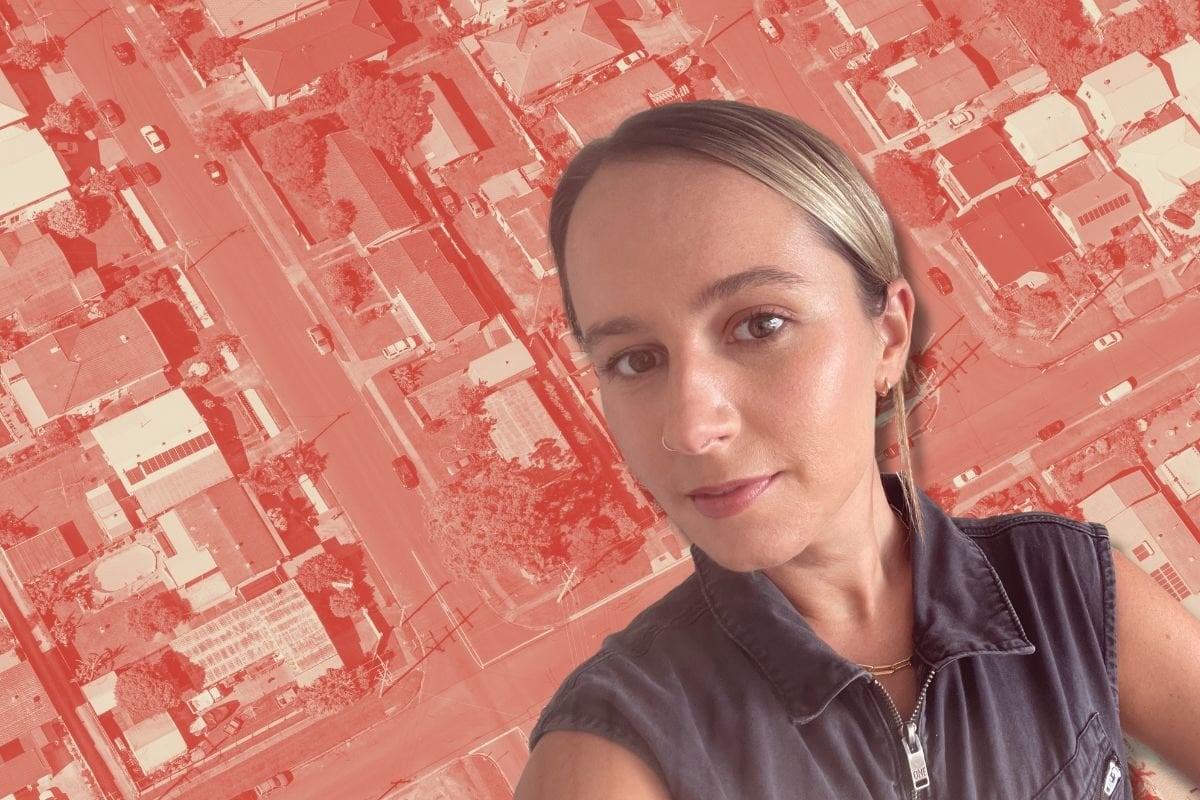
It’s not the best time to be a tenant — if you haven’t received a rent increase already, you’re probably nervous that you will.
Earlier this year, my nerves turned into reality when I received an email from my property manager (on a Friday afternoon at 5.07pm, no less). We’d reported a smell in the house just four days earlier.
“Notice of rental increase” was the subject line. I cracked my neck to each side and took a deep breath in preparation, opening it with the hopes it wouldn’t be anything too wild.
Looking back, it’s almost laughable how naive I was.
The email said that our three-bedroom, two bathroom townhouse would be going from $1,900 a fortnight to $2,600 a fortnight.
I quickly did the math and somehow didn’t spontaneously combust. We were looking at a $700 fortnightly increase, and we’d have roughly 60 days to figure out what the hell we were going to do.
‘Surely not,’ I thought to myself. Surely this is a typo? Surely a rent increase of 37% is illegal?
On a periodic lease in New South Wales, as long as there’s 60 days written notice and you haven’t received another increase within 12 months, a landlord is well within their rights to increase your rent as much as they like.
Listen to The Quicky discuss long-term renting below. Article continues after podcast.
It was a rude shock for me to learn this, but because our house had successfully negotiated with our property manager in the past, we wanted to see if we could at least try and work something out.
The following Monday morning at 9.01am (we wanted to alleviate this anxiety as soon as humanly possible), we asked if the $350 weekly rent increase was open for discussion.
At first, it felt promising. Our property manager entertained the idea and asked what our counteroffer would be — it was $100 (an increase of just over 10%) based on another three-bedroom property in the area — before they told us the landlord wouldn’t be budging on the $350 weekly increase.
I want to be really clear when I say this: we were never trying to evade the rent going up altogether. We understood that our landlord’s mortgage repayments might’ve been affected by interest rates. We simply wanted to find a solution that was fair and reasonable for both parties.
We felt we were being considerate of the landlord by still offering an increase, but, once we were told there was no wiggle room, it became clear that they weren’t going to be considerate of us.
Let’s call a spade, a spade: handing out an exorbitant rent increase is a thinly veiled eviction notice. It’s also a surefire way to make any tenant feel subhuman.
It’s definitely how I felt after receiving the news, and how I feel for renters at large as I learn about excessive rent increases that are infiltrating homes around Australia right now.
Moving is a stressful experience at the best of times, let alone in this market (you know, the one that’s consistently referenced to justify rent increases). According to SQM Research, the vacancy rate in Sydney was at a staggeringly low 1.3% between January and March this year.
Rental inspections have lines hours long and people are having to go to questionable lengths in order to nab a roof from the competition. Tenants are forced into a Hunger Games situation, where the fear and desperation of housing insecurity pits them against one another.
Top Comments